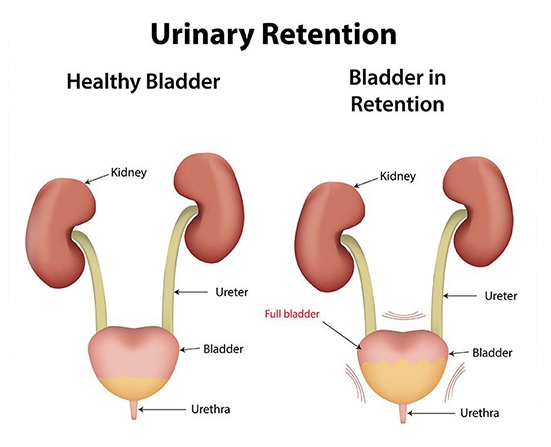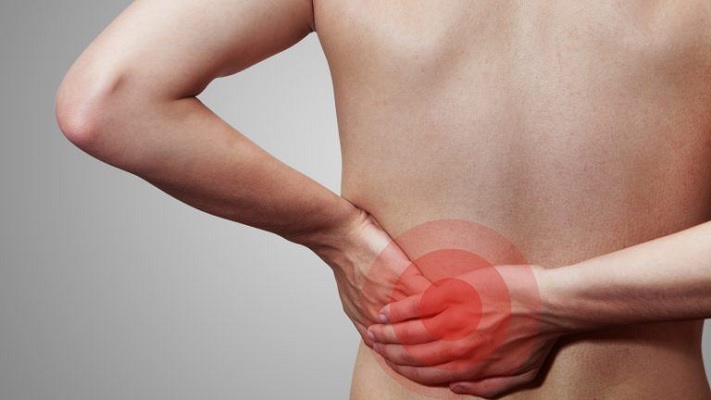The kidney stones are a very common disease of the
urinary tract, known by the disabling pain it causes.
Knowing the symptoms and carefully controlling them is
important so that an adequate therapeutic strategy can be found.
After all, it is through treatment that you can regain
general well-being, affected by the presence of this pathology.
Urologist in Dwarka discusses what are the most effective
methods to get rid of kidney stones.
What are Kidney Stones and why do they form?
They are hard formations (hence the term used, “stones”)
resulting from the aggregation of minerals and salts present in the urine.
In fact, the correct technical designation is kidney
stones. The existence of kidney stones gives rise to a condition known
as Renal Lithiasis.
Although they form in the kidneys, the stones can move to
another part of the urinary tract, namely the ureters and bladder.
They may have different biochemical compositions, which
distinguish them: calcium (such as calcium oxalate, the most common or calcium
phosphate, for example), uric acid, struvite and cystine, among others,
explains the urologist in Dwarka.
It is not always possible to identify the cause of the
problem, but there are some risk factors related to kidney stones that
seem to increase the probability of its occurrence, such as:
- Family
history of urinary lithiasis;
- Insufficient
fluid intake;
- Unhealthy
diets (mostly high in salt, sugar and protein);
- Obesity;
- Low
urinary output;
- Pathologies
in certain glands or kidneys;
- Certain
medications and supplements;
- Low
urinary concentration of protective elements such as citrate or magnesium
(which help to inhibit stone formation).
How do they manifest?
When lodged in the kidneys, kidney stones may not cause
symptoms.
However, if they move along the urinary tract, the first
warning sign appears – a sudden, intense pain, usually near the flank or lumbar
region, which may radiate to the abdomen or other areas such as the groin.
Known as renal colic, this pain is extremely disabling and
has no relief position. It is one of the most intense pains that human
beings can experience, says the urologist in Hari Nagar.
These stones may also be at the origin of other symptoms:
- Nausea
and vomiting;
- Increased
voiding frequency, burning when urinating or sudden urge (especially when
the stone is close to the bladder);
- Bloody
urine (haematuria);
- Fever
(which is usually an indicator of infection).
Incidence of Renal Lithiasis
It is estimated that this pathology affects between 2 to 3%
of the world population, predominantly white men.
The probability of having an episode of renal colic, in
patients with stones, up to 45 years of age, is around 9%, explains the urologist
in Hari Nagar.
How to Treat Kidney Stones
The basis of correct treatment is making an accurate
diagnosis, as kidney stone treatment in
Dwarka depends on
information such as the location and size of the kidney stone.
Thus, it is necessary to know the clinical history, perform
an objective exam and resort to some complementary exams, namely imaging.
This assessment is essential because there are other
diseases with similar symptoms, and it is essential to exclude them.
What are the options for kidney stone treatment in
Hari Nagar?
In the acute phase of the disease, when pain is intense, if
there are signs of infection/obstruction, urgent surgery may be necessary.
The aim is to eliminate stones, and, for this, different
strategies can be followed by the urologist in Uttam Nagar.
When the stone is small and the pain is
tolerable/controllable, it is possible to expect it to be spontaneously
eliminated through the urethra. Various medications can be used, either to
control pain or to facilitate the elimination of the stone.
When the dimensions are larger or the stones is closer to
the kidneys and does not progress along the ureter, it is necessary to resort
to other methods - namely surgical, even if minimally invasive.
One of the options is to carry out Extracorporeal Lithotripsy
by Shockwaves (LEOC), which promotes the fragmentation of the stones, which
then are naturally eliminated. Although efficient, it has some
contraindications, limiting its performance.
Another method, used in most cases, is Endoscopic Surgery,
which consists of ureterorenoscopy or retrograde intrarenal surgery.
Through a semi-rigid or flexible ureteroscope, which is
inserted into the urethra and bladder, the ureter is accessed, and the
ureteral/kidney stones are fragmented with a laser guided by an optical fiber
and removed using surgical instruments.
These procedures are extremely precise and controlled,
thanks to the use of video surgery, with a camera included or attached to the
ureteroscope, says the urologist in Uttam Nagar.
Endoscope procedures may vary depending on the type of
calculation:
- Inside
the kidney: with a flexible ureterorenoscope, through which the laser
fiber passes and very small instruments (“baskets” or tweezers, for
example), to remove the stones;
- In
the ureter: with a semi-rigid ureteroscope, with the same type of
instruments, although larger;
- Percutaneous
nephrolithotomy: in some cases, namely for very large stones that cannot
be removed with the equipment and instruments mentioned above, the kidney
is punctured from the skin of the lumbar area to introduce devices that
fragment and remove the stones.
What are the results?
Endoscopic Surgery is a very efficient method at Kidney Hospital in Dwarka,
with high success rates.
However, it is important to remember that Kidney Lithiasis
is a disease with a tendency to relapse.
Thus, it is important to bet on preventing the formation of
new stones, by changing some habits such as:
- Increase
fluid intake;
- Improve
eating habits;
- Monitor
urine color (light-colored, almost transparent urine is a sign that it is
diluted and less likely to form new stones).


